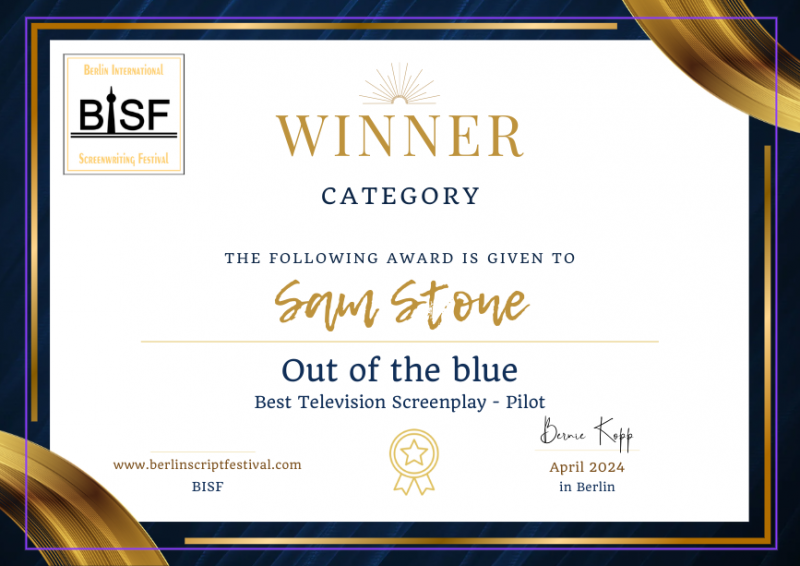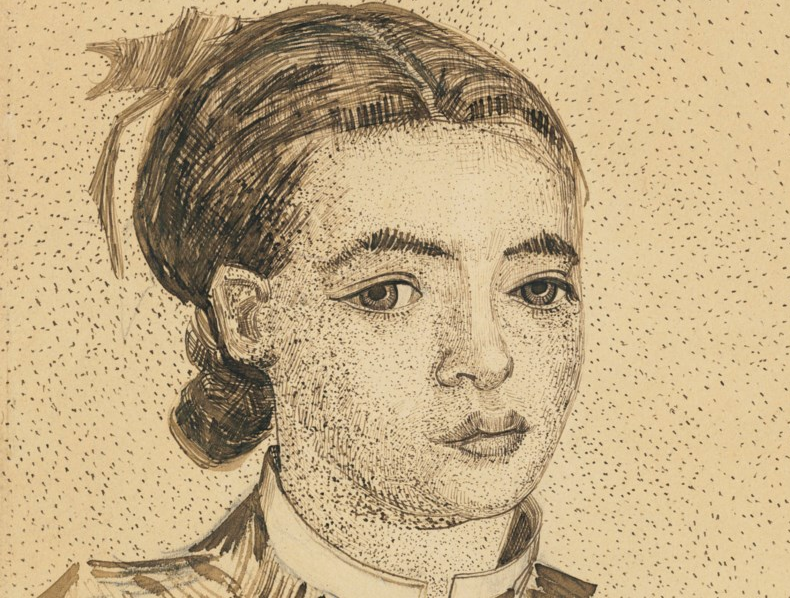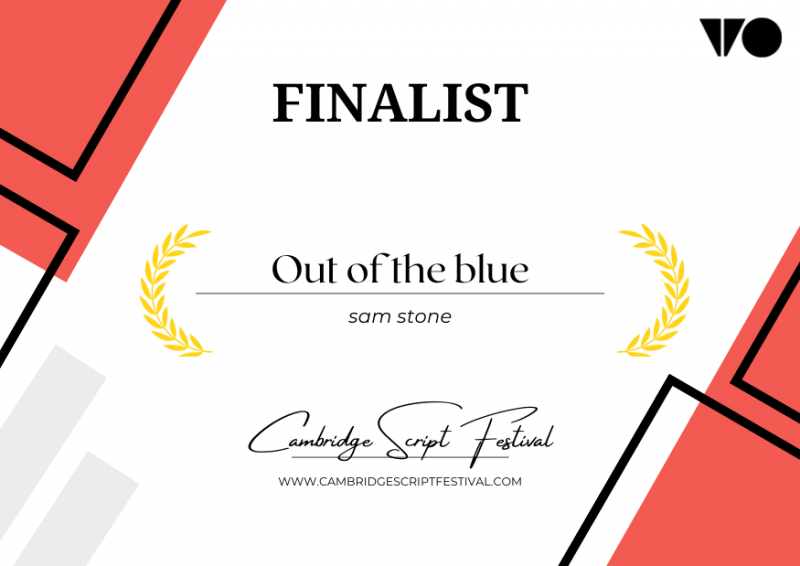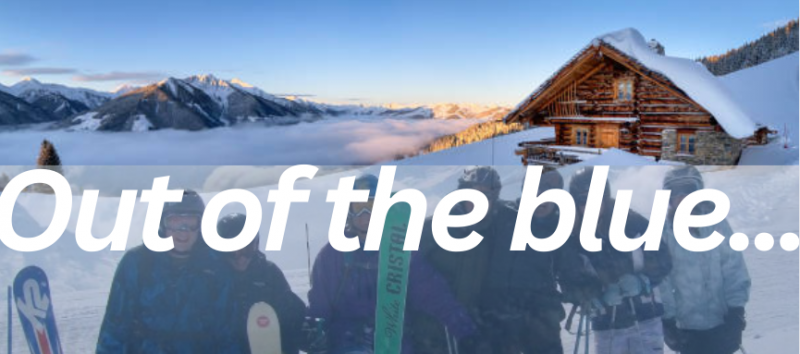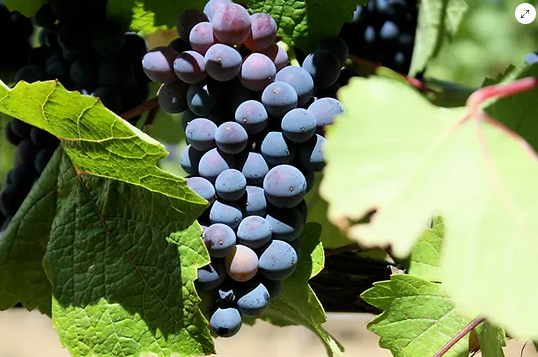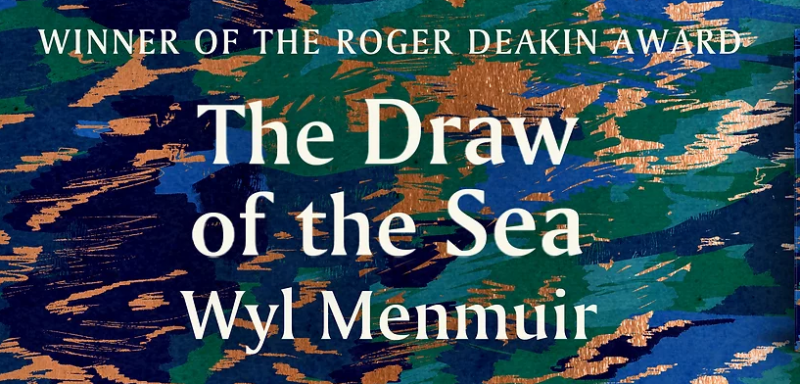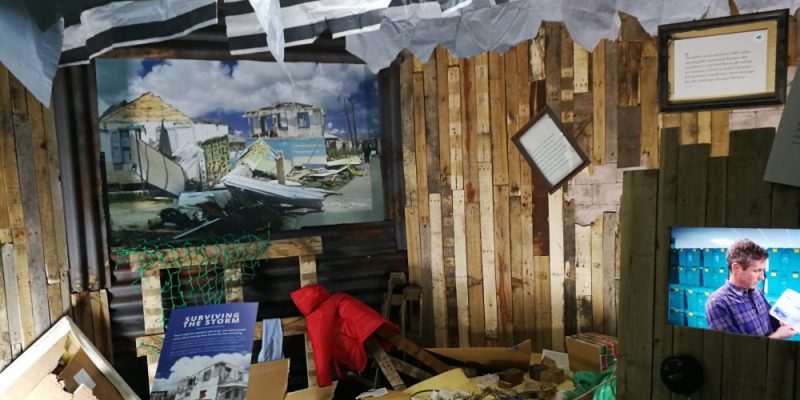It’s International women’s day, so what better excuse to focus on the contribution women have made to the creative arts.
For years women have been represented as a subject rather than the creative force in creative communities. Having the time, money and social freedom are influential factors that are allowing women to have a rewarding career in the arts.
Unfortunately, in most of the museums and galleries around the world, the old masters still dominate the walls of the most famous institutions. A silent statement that reinforces the idea that men are the leaders of the creative arts. But there is hope. As more women take over important curatorial roles in leading art galleries and museums, the imbalance is starting to be addressed, and more solo shows by female artists are now being scheduled into museum timetables.
In Falmouth and Penryn, we are lucky enough to have a legacy of strong women who promoted the arts to make it an acceptable career. The rising middle-class Quaker sisters Anna Maria and Caroline Fox were responsible for creating what came to be known as the Royal Cornwall Polytechnic Society. Now a centre for the arts, the Poly was partially designed to offer educational opportunities and exhibitions of the arts & sciences to the working people of Cornwall. It was a place to meet and share expertise in art practices.
Anna Maria lived unusually for her times. She was an artist and a global traveller. Much like the Bronte sisters, who were also of this age, Anna Maria’s legacy as the founder of the UK’s first adult learning establishment is still noticeable in Falmouth. The art classes she organised at the Poly in 1833 were the educational precursor to the development of Falmouth School of Art.
Under the name Polytechnic Society (RCPS) art classes continued until dedicated private art school premises in Arwenack Avenue were opened n August 1902. On offer in this establishment was the opportunity to take part in Freehand Drawing, Model Drawing, Painting from Still Life, Drawing from the Antique, Drawing of Plant Form, Drawing in Light & Shade, and from memory. It wasn’t cheap at four and ten shillings per session, but it was an opportunity to gain a qualification supported by the Board of Education. Tacita Dean, Jessica Warboys, Kate Holford, Susanna Heron and Judith Kerr are just a few of the inspirational women artists who have benefited from those humble beginners and trained at the Art School, which is now part of Falmouth University.
Although a change in the art world is gaining momentum, a high percentage of galleries represent more men than women. Thankfully our local Terrace Gallery is amongst the five per cent of galleries that have achieved an equal parity of male and female artists. The change is coming…slowly, but it is coming
